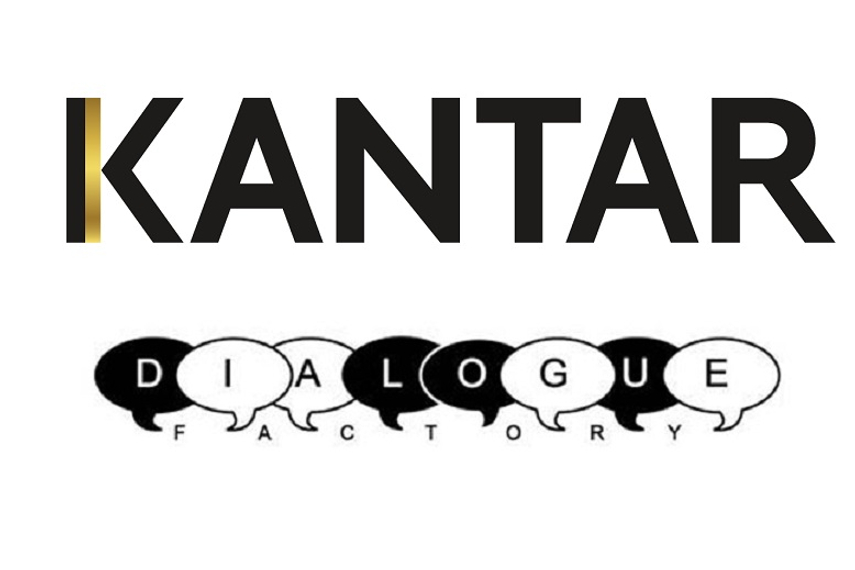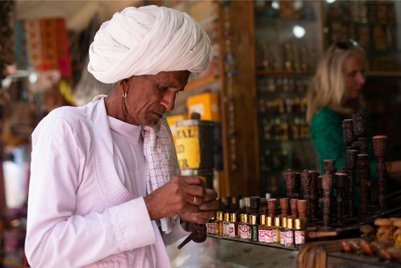
Kantar and GroupM’s Dialogue Factory has unveiled its 'Rural Covid Barometer Report' which provides a perspective on consumer sentiments, consumption choices and behavioural changes brought about by the pandemic.
Key takeaways from the report:
Heightened focus on rural affluent consumers: With one in three rural adults being impacted by Covid-19, the rural economy is likely to take a hit. However, with fewer job losses and consequent reduction in the incomes of the affluent households, the overall impact on rural consumption pattern is likely to be lesser in the future which presents an opportunity for the businesses to sharply target their brands towards the upper end of the rural consumer spectrum.
Quest for balancing the budget: The rural Indian is balancing the budget by cutting on 'indulgence' categories like cold drinks, ready to eat snacks like chips and using their savings towards hygiene products.
Digital adoption: Rural Indians are also increasingly relying on digital services for their day-to-day activities. With the pandemic accelerating digital adoption, there is a huge potential for businesses and brands to leverage mobile as a medium to reach rural consumers.
Focus on the future: The pandemic has heightened the worries around health and safety. Rural Indians are now more concerned about their future well-being, especially of the chief earners. With a relatively weaker health infrastructure as compared to urban areas, the mindset of rural Indians is shifting towards financial planning and are also considering buying health and other insurance products which opens a large market for the BFSI segment.
Last mile connectivity: With commute being restricted, the rural consumer is now increasingly shopping within the village for their FMCG needs. Therefore brands need to focus on distribution and last mile connectivity, since product availability in the local village stores will impact brand choices of the rural shopper.
Dalveer Singh, head of experiential marketing - Apac, Dialogue Factory, said, “Rural India has always had a higher degree of resilience which makes it more confident for a rapid recovery than the urban areas during these unprecedented times. This report; which is one of the biggest assessments of the impact of the pandemic on rural areas, speaks volumes on the new, defining values that are shaping rural India - resilience, planning for future, protection from falling sick and growing reliance on digital.”
Puneet Avasthi, senior executive director, insights division, Kantar, said, “For businesses, we would recommend a regional prioritization. We believe that the Western India is likely to bounce back earliest. On the other hand, indications seem to suggest that rural South might take longer to recover as the impact of COVID 19 on employment has been more severe, which in turn has depressed the economic outlook of consumers in rural South. We see this as an opportunity for brands to deploy their resources across zones in a graded and phased manner.”



.jpg&h=334&w=500&q=100&v=20250320&c=1)
.jpg&h=334&w=500&q=100&v=20250320&c=1)
.jpg&h=334&w=500&q=100&v=20250320&c=1)

.jpg&h=334&w=500&q=100&v=20250320&c=1)




.png&h=268&w=401&q=100&v=20250320&c=1)
.jpg&h=268&w=401&q=100&v=20250320&c=1)



.jfif&h=268&w=401&q=100&v=20250320&c=1)
.jpg&h=268&w=401&q=100&v=20250320&c=1)
.jpg&h=268&w=401&q=100&v=20250320&c=1)
